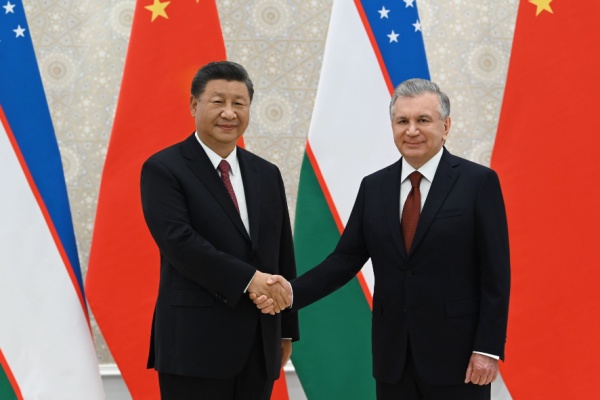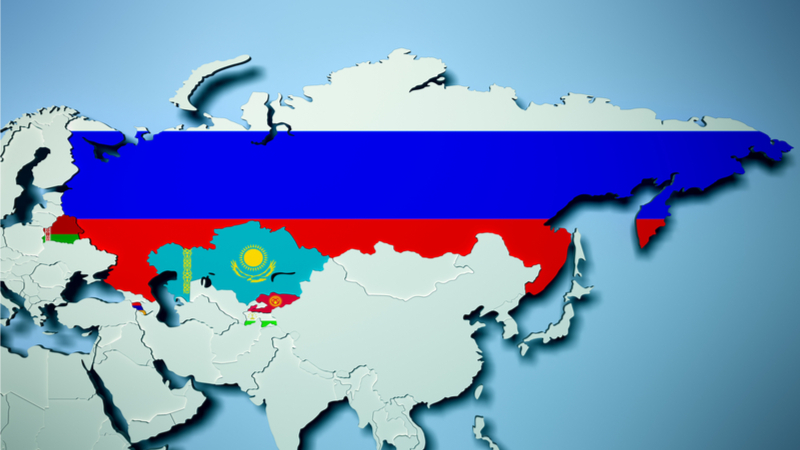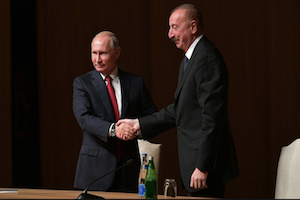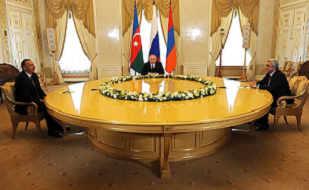China’s Free Riding in Central Asia’s Security Arrangements
By Vali Kaleji
June 20, 2024
Contrary to the economic, financial, and commercial domains where China has supplanted Russia in the five Central Asian states, Beijing is reluctant to assume a similar role in defense and security. China’s strategy, characterized by “free riding” at the expense of Russia and the Collective Security Treaty Organization (CSTO), has significantly influenced the Shanghai Cooperation Organisation’s (SCO) passive and conservative stance. Indeed, this aspect of China’s “soft power” has been instrumental in mitigating the escalation of anti-Chinese sentiments and “Sinophobia” within the region. By adopting a free riding approach and refraining from direct intervention in Central Asia’s security arrangements, China has been able to concentrate on economic, trade, and transit relations, particularly the Belt and Road Initiative. This strategy has facilitated China’s ability to address competition and strategic threats in other regions, notably Asia-Pacific and the Indian subcontinent.
Kazakhstan’s Stress Test: The January Tragedy and its Aftermath
By Ariel Cohen
January 24, 2022, the CACI Analyst
In the first weeks of 2022, Kazakhstan experienced its most intense protests since the collapse of the Soviet Union. The causes of the turmoil in the country – like any major upheaval – are multi-faceted and were long in the making. Despite the violence, the speed of crisis resolution is impressive, and the country appears to continue on its path of modernization, reforms, and a balanced foreign policy, which keeps the great powers: U.S., Russia, and China engaged and at a safe distance. Less than three weeks after the violent eruption, the painful “lessons learned” period has begun.

What Would Membership in the CSTO Mean for Azerbaijan and the South Caucasus?
By Fuad Shahbazov
October 18, 2018, the CACI Analyst
On August 16, the Azerbaijani MP and head of the Azerbaijan-Russia interparliamentary group Ali Huseynli told local media that “It would be advisable to consider Azerbaijan’s participation in the Collective Security Treaty Organization” (CSTO). The sensational statement triggered a public discussion on Azerbaijan’s possible membership in the Russia-led CSTO and its consequences for the region. While some state officials described this prospect as a logical extension of Baku’s cooperation with Moscow, others strictly opposed the idea, stating that it would pose dangerous challenges to the country.

Russia’s Iskander Adventures in the Caucasus
By Stephen Blank
May 12, 2017, the CACI Analyst
Since the occurrence of large scale fighting around Nagorno-Karabakh in April 2016, resulting in some Azerbaijani gains, there has been a widespread fear that this crisis could easily escalate out of control drawing in not only the two belligerents but also Russia and Turkey. Armenia’s response to the visible enhancement of Azerbaijan’s military capability has marked a qualitative escalation of the crisis’ military potential. Moreover, it has further unmasked the Russian policy of abetting the crisis rather than trying to resolve it, even though Moscow professes to be against renewed hostilities and to want a solution.





